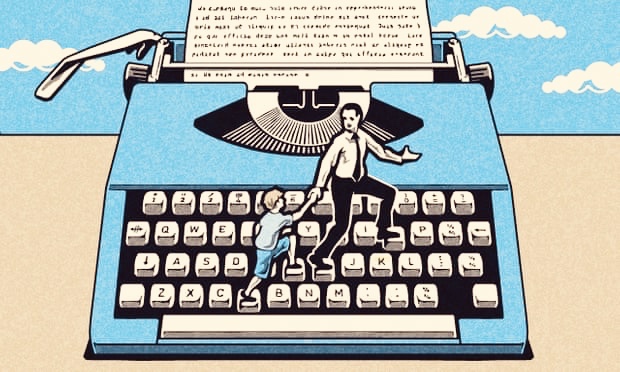*** In 1988, Andrew Grove, the founder and former CEO of the American chip-manufacturing giant Intel, wrote a book titled Only the Paranoid Survive, in which he floated the concept of the “strategic inflection point”. “A strategic inflection point is a time in the life of a business when its fundamentals are about to change.…
Tag Archives: India Abroad
In the 50th year of her founding, Gopal Raju’s baby ‘India Abroad’ meets a sudden and cruel end
As it is, things were bad for the news media, especially print media. The outbreak of COVID has exacerbated the situation and provided the perfect cover for managers to guillotine publications. From the United States, grim news of the end of ‘India Abroad‘, the voice of ethnic Indians, in the 50th year of its founding.…
Africa-watcher Hari Sharan Chhabra is no more
On the pages of The Times of India in Delhi, the grim news of the passing of an Indian who looked at a part of the world most of the media doesn’t: Hari Sharan Chhabra, editor of Africa Diary and World Focus and a frequent contributor to the Economic & Political Weekly (EPW). Chhabra’s elder…
‘Media doesn’t figure in society transformation’
Sheela Bhatt, senior editorial director of rediff.com and India Abroad: “Where do the media figure in this turbulent transformation of Indian society? The plain truth is: Nowhere. “Making loud noises is not journalism. There are over three million cases pending in India’s 21 courts and 26.3 million cases in the lower courts and a quarter…
‘Complacent US media can learn from India’
S. Mitra Kalita, the US-born Indian-American who did a two-year stint at the business daily Mint before returning to the Wall Street Journal, has just done a book on her Indian experience, titled My Two Indias. In an interview with Aseem Chhabra of India Abroad, the “daughter of Assam”, shares her thoughts on Indian journalism:…
Mint deputy editor bags Shakti Bhatt book prize
Samanth Subramanian, a deputy editor at the business daily Mint, has won the 2010 Shakti Bhatt First Book prize for his debut book, Following Fish. There were six books in this year’s shortlist but the three-member jury found Subramanian’s pursuit of fish curry round coastal India “a delightful read, adventurous and unabashedly fun”. “Subramanian brings…
Less is better for the new, redesigned rediff.com
India’s pioneering news, views and e-commerce portal, rediff.com, has unveiled a brand-new, minimalist home page that is a far removed from its earlier “busy” homepage (screenshot below), and is almost a replica of the beta version of its world homepage. The NASDAQ-listed site, founded in 1996 by adman and entrepreneur Ajit Balakrishnan, is edited by…
Will NDTV and Barkha Dutt sue Facebook next?
If there is anything that l’affaire Barkha Dutt versus Cheytanya Kunte holds a mirror to—besides media hypocrisy, thin skins, forked tongues, and such like—it is: a) the quality of legal advice media behemoths receive and act upon, and b) the mainstream media’s bottomless ignorance of the wired world and how it works. Even the spitting-image…
‘Indian journalists take themselves too seriously’
‘A case of exploding mangoes,’ the fictional account of the mysterious death of Pakistani president General Zia-ul-Haq by Mohammed Hanif (in picture), the air force man turned journalist who now heads the BBC’s Urdu service in London, has been acclaimed as the fiction debut of the year. So far. In an interview with Nikhil Lakshman,…
‘It’s all about irreverence, not subservience’
Indian journalist Seema Mustafa on the genesis of her opposition to the India-US nuclear deal, which some speculate could have contributed to M.J. Akbar being eased out of his position as editor of The Asian Age: “It had to do with a certain commitment with which I joined the profession—a belief that journalism was powerful…
